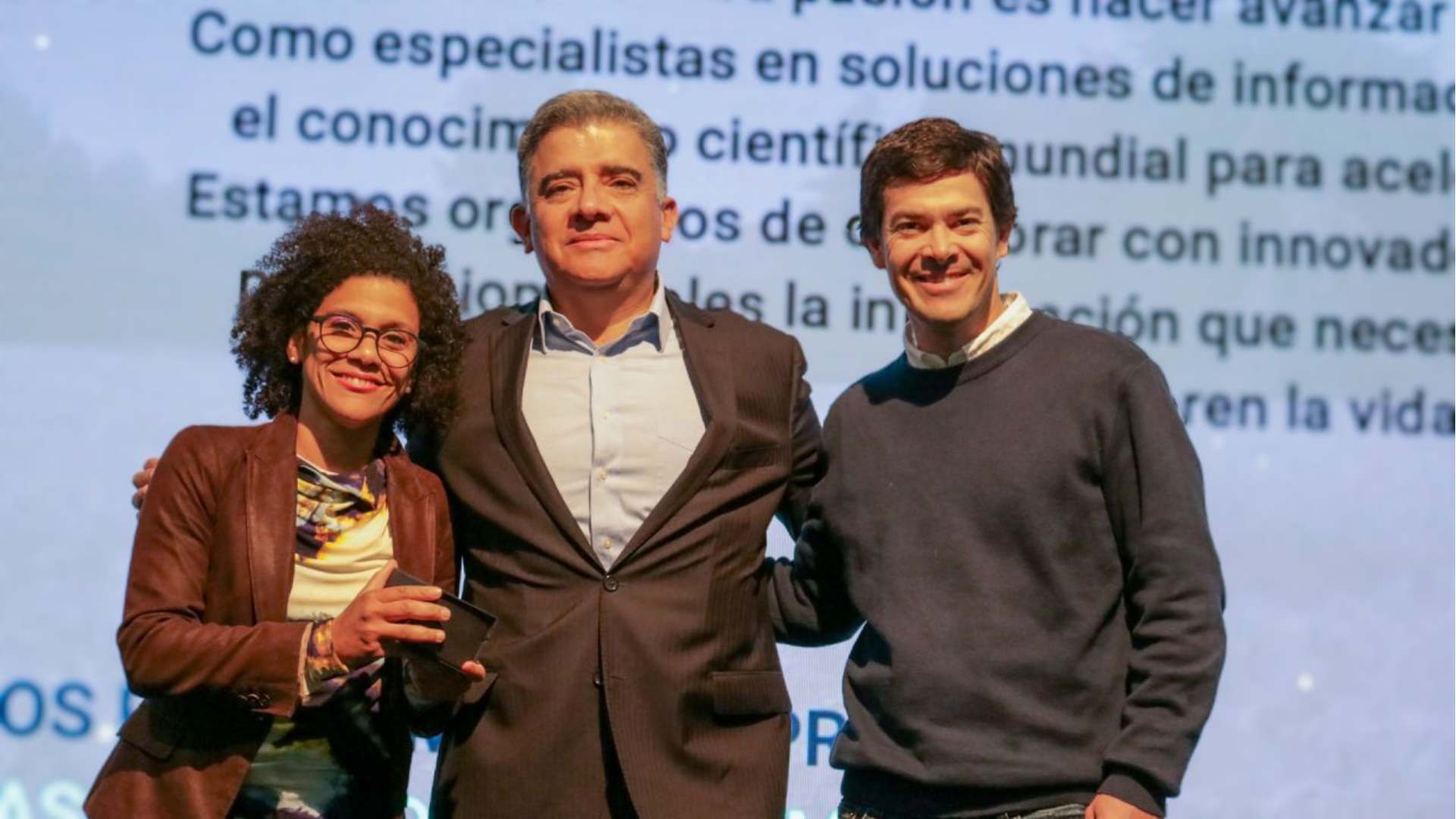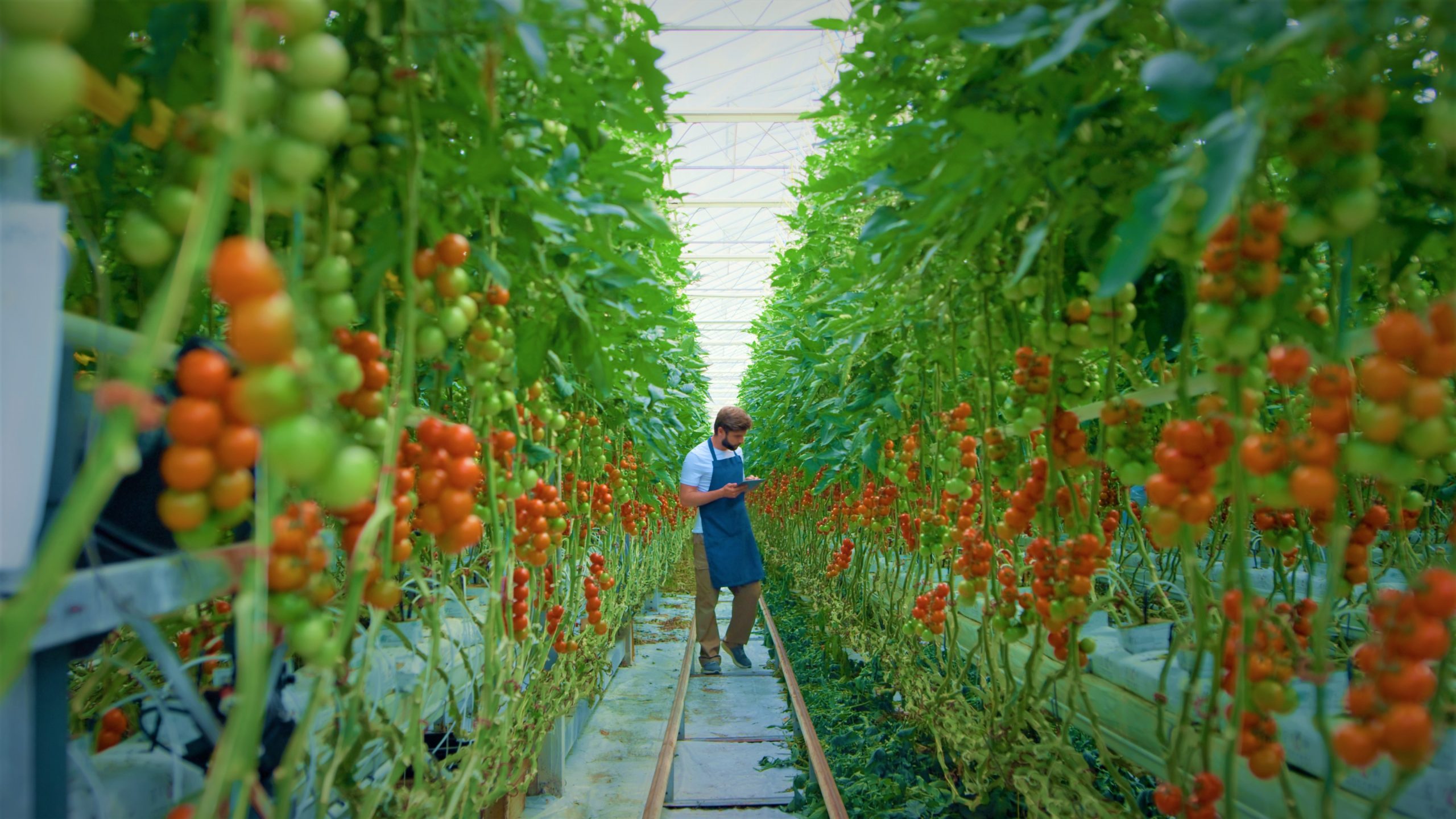
Therefore, among the recommendations for sustainable crop and soil management is the use of organic residues of plant and animal origin (guanos, compost, crop residues, sludge from agroindustries or cities, among others), which contribute to the efficiency – and even the replacement – of chemical fertilizers. On the other hand, during 2022, fertilizer shortages and rising fertilizer prices will be accentuated, with negative repercussions on the yield and quality of food production. Thus, the fertilizer crisis poses a unique opportunity to scale up alternative sustainable fertilizer management practices, improving soil health, contributing to food security and agricultural incomes, along with contributing to climate change mitigation (FAO, 2019). In line with the above, more than a year ago Tomás Vial Tagle founded Nova Agro, a company based in Puerto Varas that is dedicated to the commercialization of organic and sustainable products for the dairy and agriculture sectors. “Faced with the rising prices of fertilizers, I looked for a way to help dairy entrepreneurs to produce at a lower cost, but maintaining the quality of their crops and the final product. Thus, I thought about the fertilizing qualities of guano – which, contrary to popular belief, is not so well known among producers – and then looked for suppliers and set up distribution logistics for this by-product for my clients,” says Vial Tagle. Nova Agro also provides alternative inputs for animal nutrition and welfare, also from the approach of sustainability, circular economy and maximum use of raw materials. “All in all, our north is to introduce new forms of organic fertilization, animal nutrition and animal welfare in agriculture, using by-products of raw materials that were previously wasted or simply not used, thus generating a circular, sustainable and cost-efficient agriculture,” he adds. Plant nutrition Nova Agro’s products for soil improvement and agricultural plantations include laying hen guano, red guano, organic vegetable compost from grape pomace, biostabilized compost and compost tea, which are distributed to customers in the dairy industry and traditional crops such as wheat, barley and ryegrass. “During 2022 we sold approximately 7,000 tons of guano, at a very good price for producers and with positive results for their crops. These organic solutions generate much healthier and richer soils, and are also an environmentally friendly alternative”, says Tomás Vial Tagle, who also plans the possibility of using these solutions for fruit crops.



 Related News
Related News CAS organizes a Pitch Party for the winning startups of CfiAgrotech
CAS organizes a Pitch Party for the winning startups of CfiAgrotech
 CFIAgrotech 2023: The largest exhibition of the agri-food sector will come to Chile
CFIAgrotech 2023: The largest exhibition of the agri-food sector will come to Chile
 Centro Fruticultura Sur will be part of CfiAgrotech 2023
Centro Fruticultura Sur will be part of CfiAgrotech 2023
